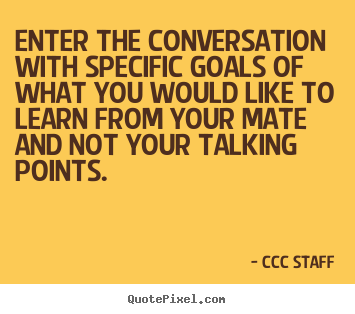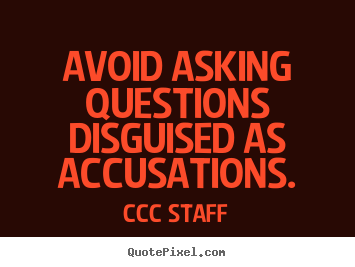Active Listening Tips
By: Couples Counseling Chicago Staff
Active listening is one of those terms that we often hear but what does it really mean? According to experts in the field of communication, active listening means that you possess and have developed a specific kind of communication skill that allows you to fully hear what another person is trying to say.
We know from experience as relationship counseling professionals that the ability for a couple to communicate in a meaningful way is vital to long term relational success.
When you are done, reflect upon some of your past conversations with your mate and identify the areas that need improvement. This is a common homework assignment that we give couples here at the Center.
Are you ready? Let’s jump right in!

1. Let your partner speak
This simply means that you should refrain from arguing your case until your partner finishes stating her or his position. Resist the urge to interrupt and cut off your mate mid-sentence.
Finally, if you are aware that you historically take more time talking than your partner, this is a good sign that you need to talk less and encourage your significant other to talk more.
2. Put yourself in your partner’s shoes
If you are unmotivated to be a good listener, you are probably being sidetracked. During times of conflict, you should enter the conversation with specific goals of what you would like to learn from your mate – and not your talking points.
Try to focus on your partner’s needs and feelings. This point also means allowing yourself to be in your partner’s shoes for a moment and trying to see a given situation from their viewpoint.
3. Don’t jump to conclusions
Even when folks are trying to listen, they sometimes assume that they know what their mate will say before the words can escape their mouth. If you do this – you need to make adjustments. Jumping to a conclusion means that you have entered the conversation with a pre-existing belief.
One approach is to simply take a deep breath and clear your mind of any thoughts. You may need to do this several times in order to purge this mental material from your consciousness.
4. Ask questions
To really understand where your mate is coming from, you should ask clarifying questions. Again – this means allowing your partner to speak first. Then, when there is a lull in the dialogue, feel free to ask something that you need clarification on.
Avoid asking questions disguised as accusations. Instead, focus on knowledge that you truly need in order to better understand your partner’s position.
5. Paraphrase what your partner says
Paraphrasing simply means confirming what you have heard through verbal summary. Communicate back to your mate the main points she/he has made objectively. Be aware there is a big difference between paraphrasing and parroting. In other words, don’t engage in a verbatim account or take on a litigious tone.
A good way to do this is to preface a paraphrase with a question. Example: It sounds like my having to work overtime last night really made you mad?
Summing Things Up
One of the main reasons couples find themselves in therapy can be traced to a breakdown in communications. When left unchecked, these breakdowns can cause a rift and lead to a relational collapse.
Some couples find it useful to engage in meaningful conversation because it always seems to turn into a “fight”. If this is happening in your situation, we recommend you examine our suggestions for fair fighting.
One resource you might want to think about if you are looking to improve your communication skills is The Lost Art of Listening by Dr. Michael P. Nichols (see Amazon). Inside, you will find practical tips and insight about how you and your partner can stop the cycle of constant bickering and fighting.
Nichol’s book also does a good job of providing examples and techniques to move past communications hurdles and create greater intimacy in the relationship.
Some couples find it helpful to work with a relationship counselor as a way of finding new approaches to dialogue. Depending upon the dynamics, one on one counseling with a therapist can also be helpful.
If you live in Chicago and want to know more about our relationship counseling services, be sure to stop by our services page.
We hope you found the suggestions made here useful. Please be sure to like Couples Counseling Center on Facebook.








Wonderful tips! That helps to maintain long term and happy relationship with your partner. Thanks for sharing this Fruitful post.
Every article I read tells me that I’m not as bad at communication as I thought. I wonder why I still drive guys up the wall…